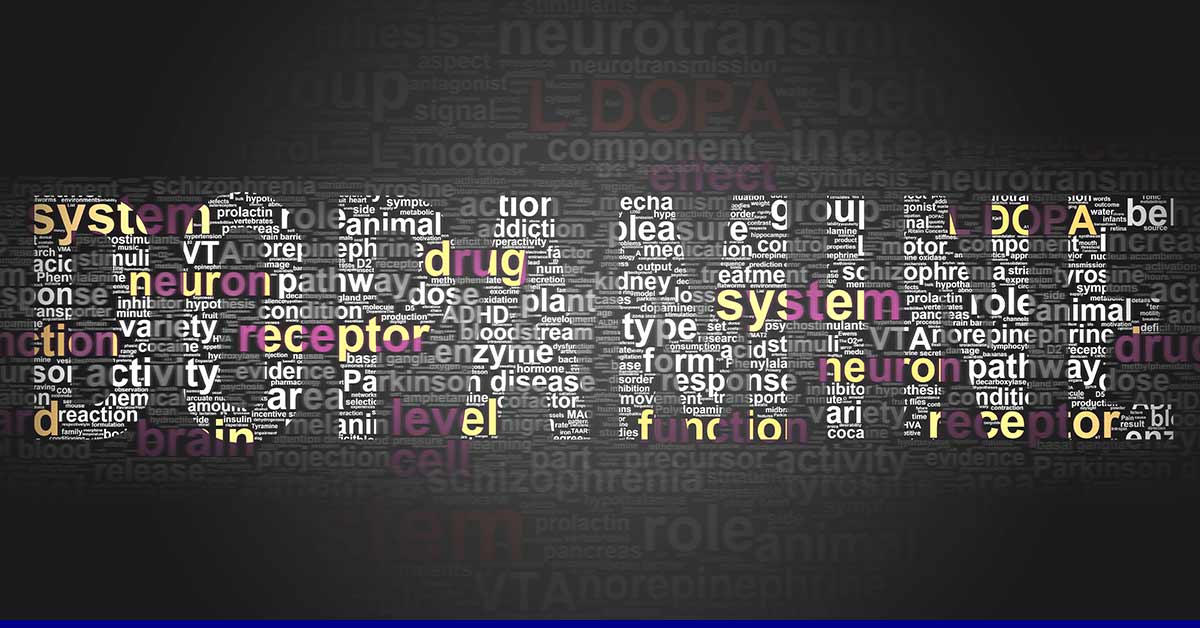
The Centers for Disease Control and Prevention (CDC) estimates that 6.1 million children in the US were diagnosed with ADHD in 2016. ADHD symptoms might differ from person to person, but they frequently involve focus, attention, and impulse control issues. Although the exact etiology of ADHD is unknown, experts think that genetics, particular environmental variables, and brain alterations may contribute to its onset. Additionally, the function of neurotransmitters like dopamine has been studied. In this blog, we go through the connection between dopamine and ADHD. We also discuss further consequences of low dopamine levels and available ADHD therapies.
About 2.5% of adults, according to the American Psychiatric Association, are thought to have ADHD. People who do have ADHD often have a harder time focusing than those who do not. Additionally, they could behave more hastily than their other classmates. They could find it challenging to perform effectively in their other pursuits, at work or at school, as a result.
The cause of ADHD is probably a combination of multiple factors. As per the National Institute of Mental Health, risk factors for ADHD may include the following:
Researchers have been examining the link between dopamine and ADHD and how dopamine contributes to the development of ADHD. A particular kind of neurotransmitter, dopamine, serves many crucial roles in the body and brain. Dopamine levels are linked to many mental and neurological conditions, including Parkinson’s disease.
A person’s mood, attentiveness, motivation, and activity may all be influenced by dopamine levels. Dopamine also governs the brain’s reward system, with brain dopamine levels rising during enjoyable activities like eating or having intercourse. Initially, experts thought that low dopamine levels were the cause of ADHD, but they have now recognized that the connection is a little more complex.
Dopamine transporters may be more prevalent in the brains of people with ADHD. These transporters deplete brain cells of dopamine. Dopamine has less time to act when multiple transporters are in one brain region because they move too rapidly. Lower serotonin and norepinephrine levels may also have a role in ADHD development alongside dopamine.
Scientists have researched the relationship between dopamine transporters and the symptoms of ADHD. However, additional evidence suggests that anatomical changes in the brain may contribute to ADHD. Experts say that the motor cortex is the area of the brain that regulates voluntary movement and where there is a gene that typically increases the function of dopamine transporters, which is inhibited by medications that increase the amount of dopamine in the brain.
The fundamental cause of ADHD is probably a problem with the brain. Although the specific origin of ADHD is unknown, several researchers have investigated the role that the neurotransmitter dopamine may possess in a potential contribution to ADHD. Dopamine enables us to control our emotional reactions and take some action to obtain particular rewards. Pleasure and rewarding emotions are caused by it.
Scientists have shown that dopamine levels in patients with ADHD differ from those in those without the disorder. According to the experts, this difference is caused by increased levels of dopamine transporter-containing proteins in the neurons of patients with untreated ADHD. These findings imply that dopamine transporter-related genetic variables may contribute to the development of ADHD.
Numerous ADHD drugs act by boosting dopamine and promoting concentration. Typically, these drugs are stimulants. They consist of amphetamines that raise dopamine levels in the brain by inhibiting dopamine transporters and boosting dopamine levels.
Some people think that taking these drugs in large doses would help them concentrate and pay attention better. That is untrue. It may be challenging to concentrate if your dopamine levels are excessively high.
It is unclear to scientists what causes ADHD categorically. In a broader sense, just two probable causes are dopamine and its transporters. According to the research, ADHD seems to run in families more frequently. This is partly addressed by the fact that several genes may increase the risk of ADHD.
There are several behavioral and lifestyle issues that can potentially affect ADHD. They consist of the following:
It’s promising that dopamine and ADHD are related. Increasing the action of dopamine in the body is how a number of efficient drugs used to relieve the symptoms of ADHD function. However, researchers are still looking into this connection. Dopamine is not the sole underlying reason for ADHD, though. Experts are looking into the latest theories and evidence, such as the quantity of grey matter in the brain. Consult a doctor if you think you have ADHD. They can properly diagnose you and put you on a treatment strategy involving drugs and other techniques that boost dopamine to manage ADHD.
In order to raise your dopamine levels, you can also try the following different techniques:
Neurodevelopmental Disorder ADHD can lead to attention, impulsivity, and hyperactivity issues. According to research, structural reforms in the brain and neurotransmitter imbalances like those involving dopamine may contribute to the emergence of this illness. Other neurological and mental health conditions, including Parkinson’s disease, drug abuse, depression, and schizophrenia, all appear to be influenced by dopamine levels.